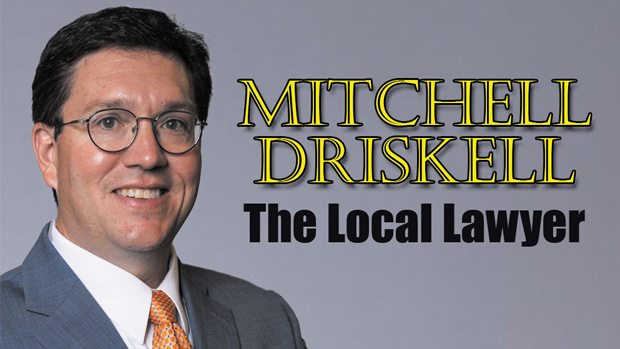
Last week the Mississippi Supreme Court ruled that a man suing the Catholic Church could proceed with his lawsuit even though he filed the lawsuit thirty-three years after the abuse occurred. In September 2019, Robert McGowen filed a lawsuit in Forrest County (Hattiesburg) alleging sexual abuse by a priest at Sacred Heart Catholic Church in 1986 when McGowen was twelve to thirteen years old. According to McGowen, he repressed the memories until December 2018, when he allegedly recalled that, while a student at Sacred Heart, Father John Scanlon engaged in various forms of sexual abuse that I do not wish to recount in this article. One month after regaining memory of the alleged abuse, McGowen began receiving therapy from Dr. Deborah Dawes to work through the trauma of the alleged abuse. Dawes determined that McGowen suffered from major depression and PTSD with symptoms of excessive anxiety and suicidal ideation. Dawes opined that McGowen’s reports of abuse were credible and that he had repressed his memories of the abuse.
The first thing that the Church did in response to the lawsuit was ask the local court to dismiss the lawsuit based on the expiration of the statute of limitations which requires lawsuits be filed within three years of the injury. This motion to dismiss was not playing dirty, legally speaking. The Church’s motion was well-founded in law, and McGowen’s lawyers almost certainly expected the Church to raise the statute of limitations when McGowen’s lawyers took the case. McGowen’s lawyers were pushing the legal envelope with this case. The local court dismissed the case, and Mr. McGowen appealed asking the Mississippi Supreme Court to get with the times and recognize repressed memory as a legitimate excuse for delayed litigation.
McGowen won under a legal theory called “latent injury.” Latent injury means an injury that existed but was hidden and did not develop or manifest at the time of the event. The law school example is having surgery and a doctor leaves a sponge or utensil in your body, and years later you get a nasty infection because of this foreign object in your body. The usual statute of limitations does not apply to this latent (hidden) injury because you had no reason to know your doctor messed you up. Statutes of limitations do not apply to “latent injuries.” Victims of sexual abuse have argued for years that the latent injury theory applies in repressed memory situations—that the victim’s psychological defense system repressed the memory and the person had no way of knowing he or she was abused and injured until the memory came back to him or her later in life. McGowen argued that a repressed memory makes sexual abuse a latent (hidden) injury.
Alleged abusers and their employers have fought this “latent injury” and repressed memory strategy for decades across the county. The fight began in earnest in the 1990s as alleged victims of priest abuse began to come forward. The Catholic Church argued that repressed memory was bogus and, even if repressed memory was real, it should allow lawsuits to be brought decades after the alleged abuse. The Church was successful, at first, but now psychological science has proven that sexual abuse victims can disassociate from the experience and store the memory away from consciousness. Now, in most states, a person who claims repressed memory of abuse can file a lawsuit when the memory comes back regardless of legal deadlines. The issue in McGowen v. Roman Catholic Diocese of Biloxi was whether Mississippi would join in the majority of states.
The Church asked the Mississippi Supreme Court to forget the majority and side with the minority that includes Alabama and Texas. The Court argued that repressed memory was not even a valid psychological theory, calling repressed memory “a piece of scientific folklore.” The Mississippi Court said, “tell it to the jury.” The Court held that a credible allegation of repressed memory falls into the category of latent injuries. The Court said it was for a jury, regular citizens sitting in court hearing the evidence and not for Judges, to decide whether repressed memory is possible and whether the person alleging abuse actually repressed the memory and filed suit in time after that memory came back to him. Two justices dissented and said there is nothing hidden (“latent”) about the initial injury, sexual abuse, even if the memories of that injury were repressed.
This case is a good example of how the law evolves. Old law needs to be updated and without brave people and aggressive lawyers willing to take on cases that push the law, cases they very well may lose, the law would never change and never keep up with evolving scientific and academic knowledge. It takes real people to change the law. For Mr. McGowen, the alleged abuser and the Church must go back to the local court and deal with the lawsuit. For Mississippi, repressed memory is now a viable way to explain why an abuse lawsuit was not filed until many years after the abuse.


